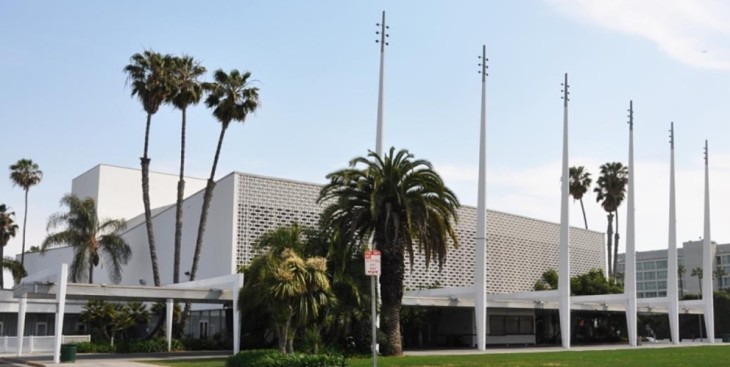Just over one year from today, Californians will be focused on helping elect the next president and picking their next U.S. senator.
That so-far-sedate race looks like it will boil down to either Democrat state Attorney General Kamala Harris or Democratic Orange County Congresswoman Loretta Sanchez against a Republican, take your pick among state Assemblyman Rocky Chavez of Oceanside and former state party chairmen Duf Sundheim and Tom Del Beccaro.
Partly because all are underfunded and partly because they represent the ever-shrinking California GOP, it just may happen that no Republican survives next June’s Top Two primary, letting Harris and Sanchez split the larger Democratic vote and duke it out in the fall. To prevent that, two of the Republicans will have to drop out long before that primary.
But all this drama will only be an appetizer.
Yes, for those folks, Election Day will be a finish line. But to many others in California politics, it’s just a starting point. Replete with early opt-outs from the Senate race, the field for the 2018 run for the much-more-powerful office of governor will be off and racing the moment next November’s returns are counted. Candidates are already making moves.
This field looks far more prominent and monied than those vying to replace current four-term Democratic Sen. Barbara Boxer.
At least four major Democrats are now gearing up to run, including Lt. Gov. Gavin Newsom, the ex-mayor of San Francisco; former Los Angeles Mayor Antonio Villaraigosa, billionaire investor Tom Steyer and former state Controller Steve Westly, himself a Silicon Valley near-billionaire. An early Field Poll showed Villaraigosa with a narrow lead over Newsom, with current Los Angeles Mayor Eric Garcetti, thus far a non-candidate, in third place.
So far, only one Republican is currently nosing around the race – Fresno Mayor Ashley Swearengin. Like current presidential candidate Carly Fiorina, handily defeated by Boxer in 2010, Swearingen isn’t letting a mere statewide defeat dissuade her from seeking a much bigger office. Swearengin was narrowly defeated a year ago by Betty Yee in a run for state controller.
As with the Senate race, most eyes and the big money will be on the Democratic side in this race. Not only are Steyer and Westly capable of writing enough personal checks to fund their campaigns entirely, but Newsom had $5.5 million on hand for the run as early as July 1, his staff saying his fund-raising had barely begun.
Nationally, Newsom may be the best-known of this group because of his pioneering 2004 executive order permitting same sex marriage in San Francisco, a move that set a national precedent upheld this year by the U.S. Supreme Court.
But Villaraigosa has at least as much name recognition in Southern California. To gain even more, one of his preliminary moves was a “listening tour” of the Central Valley, with stops in places like Bakersfield and Visalia. No miscues from him like the one by L.A. mayoral predecessor Richard Riordan, who took a similar tour while he considered running for governor in 1998, reporting on his return that he had visited some “strange places.”
Riordan’s campaign didn’t go very far after that.
One question mark hangs over both Villaraigosa and Newsom: How much will past womanizing hurt them among female voters, the majority of California Democrats? Newsom’s past includes trysts with the wife of his onetime top aide, while Villaraigosa’s indiscretions with a television reporter led to the end of a long marriage.
There’s no such spice in the backgrounds of Garcetti, Steyer or Westly. Steyer is a former hedge fund executive and Westly an early leader of the eBay online auction house.
Their money could assure that Westly and Steyer quickly become as well-known to voters as Newsom or Villaraigosa, via an onslaught of TV commercials.
No such big money is available yet to Swearengin, but if she should survive the primary as its lone Republican, thus becoming a November finalist, she’ll likely get plenty. So Swearengin and her party need other Republicans to stay out. Democrats have become so dominant in California that any split in the GOP vote could put two Democrats into the runoff matchup, the same as it could in the ongoing Senate race.
So while the political season just now getting underway will end in about a year, chances are that campaign will amount to little more than an appetizer for the much larger California race to come.


























